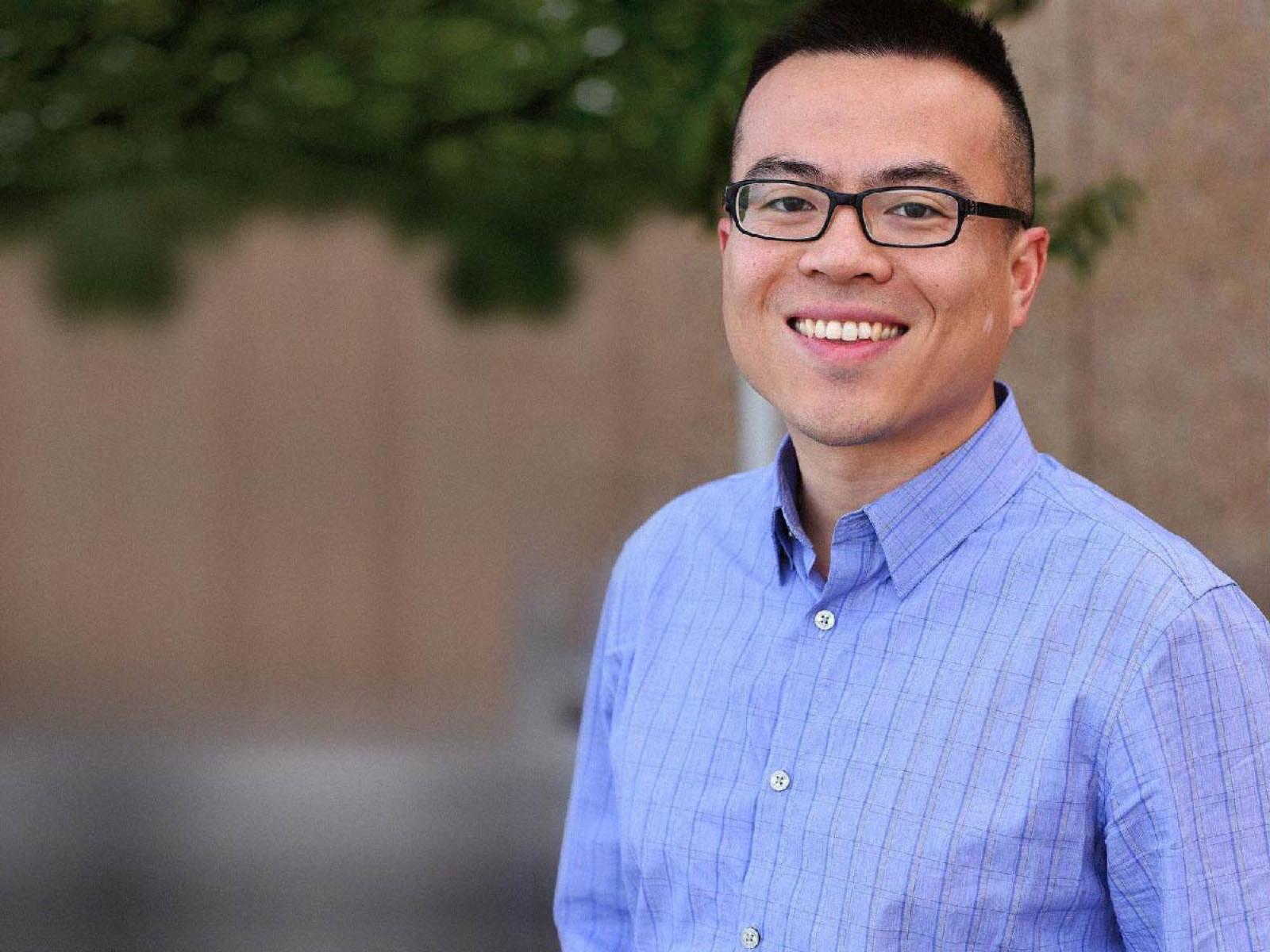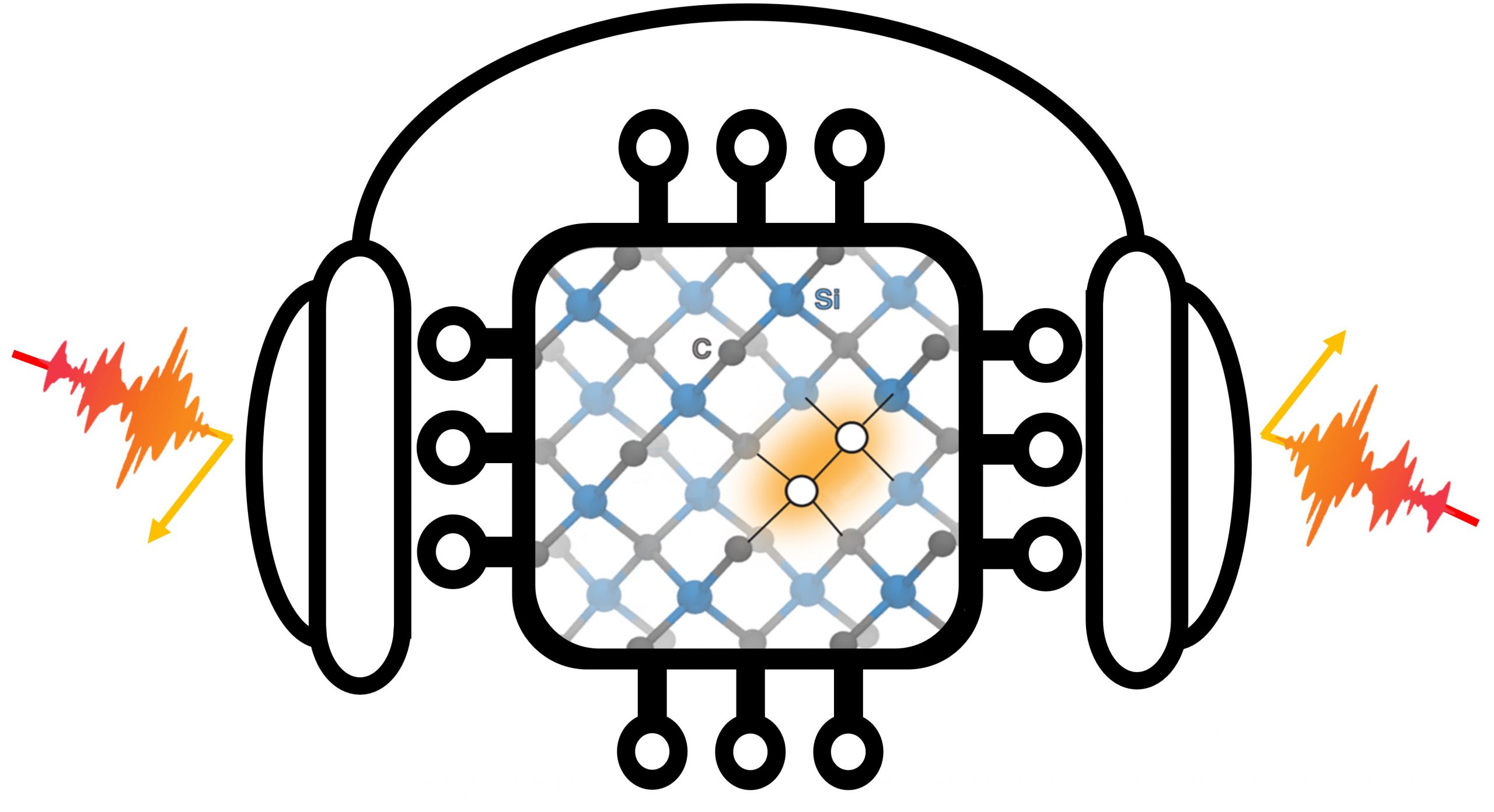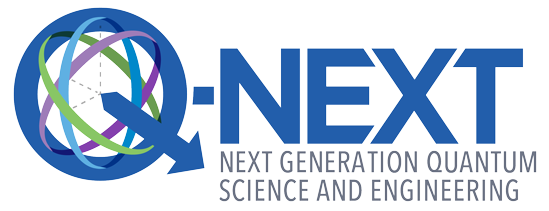quantum computing
-
5 important scientists of today
From Discover: Q-NEXT collaborator Monika Schleier-Smith is featured in this piece on scientists who "embody the chief objectives of science — to push the frontiers of what we know and to advance human welfare along the way." Schleier-Smith controls quantum entanglement to augment the computational problems that quantum physics can solve. Read More
-
A faster, better approach to describe many-body systems
From Pacific Northwest National Laboratory: Q-NEXT collaborator Bo Peng and team maintain accuracy while cutting computational using a hybrid quantum-classical approach to model many-body physical systems. Read More
-
Cryptography solutions selected to fight cyberattacks from quantum computers
From Tech Monitor: University of Chicago scientist and Q-NEXT collaborator Bill Fefferman is quoted in this piece on the new NIST cryptography standards, designed to ensure companies are prepared for the threat posed by quantum computing. Read More
-

Bo Peng ensures quantum computers don’t ‘bring in da noise’
A Q-NEXT collaborator at Pacific Northwest National Laboratory, Bo Peng is pioneering new ways to beat down the noise in quantum computers. Read More
-

A one-stop shop for quantum sensing materials
Researchers have created extremely thin membranes of pure diamond in which carbon atoms are replaced nitrogen. These defects connect to neighboring atomic vacancies,creating unusual quantum systems for storing and processing quantum information. Read More
-

Simulating spin defects for more effective quantum computing
For quantum computers to become an everyday reality, there is a long way to go and many challenging tests to pass. One of the tests involves using quantum computers to simulate the properties of materials for next-generation quantum technologies. In research supported by Q-NEXT, scientists performed quantum simulations of spin defects — specific impurities in materials that could offer a promising basis for new quantum technologies. The study improved the accuracy of calculations on quantum computers by correcting for noise introduced by quantum hardware. Read More
-
Turning a million-qubit quantum computing dream into reality
From The Next Platform: Earlier this year, Intel announced that it had successfully fabricated more than 10,000 arrays, each with three to 55 quantum dots, on a 300-millimeter wafer with a yield higher than 95%. Q-NEXT collaborator James Clarke, director of quantum hardware at Intel, says the feat was made possible thanks to the fact that Intel, unlike most other companies pursuing quantum, runs its own fabs, which the company also used to manufacture the control logic needed that allows such a high density of qubits. Read More
-
Frozen neon invention jolts quantum computer race
From IEEE Spectrum: New findings from Argonne National Laboratory and the University of Chicago suggest that electrons trapped on frozen solid neon could prove a simple yet powerful kind of qubit for use in future quantum computers. Read More
-
A mathematical shortcut for determining quantum information lifetimes
From Tohoku University: Having crunched the numbers on the quantum properties of 12,000 elements and compounds, researchers supported by Q-NEXT have published a new equation for approximating the length of time materials can maintain quantum information, called 'coherence time.' Read More
-
UW–Madison, industry partners run quantum algorithm on neutral atom quantum computer for the first time
From the University of Wisconsin–Madison: Researchers have successfully run a quantum algorithm on a type of quantum computer known as a cold atom quantum computer for the first time. The achievement by the team of scientists from the University of Wisconsin–Madison, ColdQuanta and Riverlane brings quantum computing one step closer to being used in real-world applications. Read More
In the News
See all In the News-
The best qubits for quantum computing might just be atoms
From Quanta: Mark Saffman of the University of Wisconsin–Madison and Infleqtion is featured in this comprehensive overview of neutral-atom qubit research. Read More
-
How quantum computing could help us understand the universe
From PBS NewsHour: David Awschalom appears in this piece on the next generation of computing, one that will be far more sophisticated and dependent on understanding the subatomic nature of the universe. Read More
-
PME-led research into protein-based qubits earns $2.75M Moore Foundation grant
Bolstered by a new $2.75 million grant from the Gordon & Betty Moore Foundation, a team led by University of Chicago's Peter Maurer will soon study qubits made from protein. Read More
-
Infleqtion unveils 5-year quantum computing roadmap, advancing plans to commercialize quantum at scale
From Quantum Insider: Infleqtion shares a broad business update, including the first look at its new 5-year quantum computing roadmap. The roadmap's centerpiece is Sqorpius, the next phase of Infleqtion’s quantum computing program. Read More
-
Bringing quantum entanglement to the people
From the National Science Foundation: NSF’S Quantum Leap Challenge Institute Hybrid Quantum Architectures and Networks at the University of Illinois Urbana-Champaign, a Q-NEXT partner, has created a working demonstration that brings entanglement between photons to a public setting for the first time. Read More
